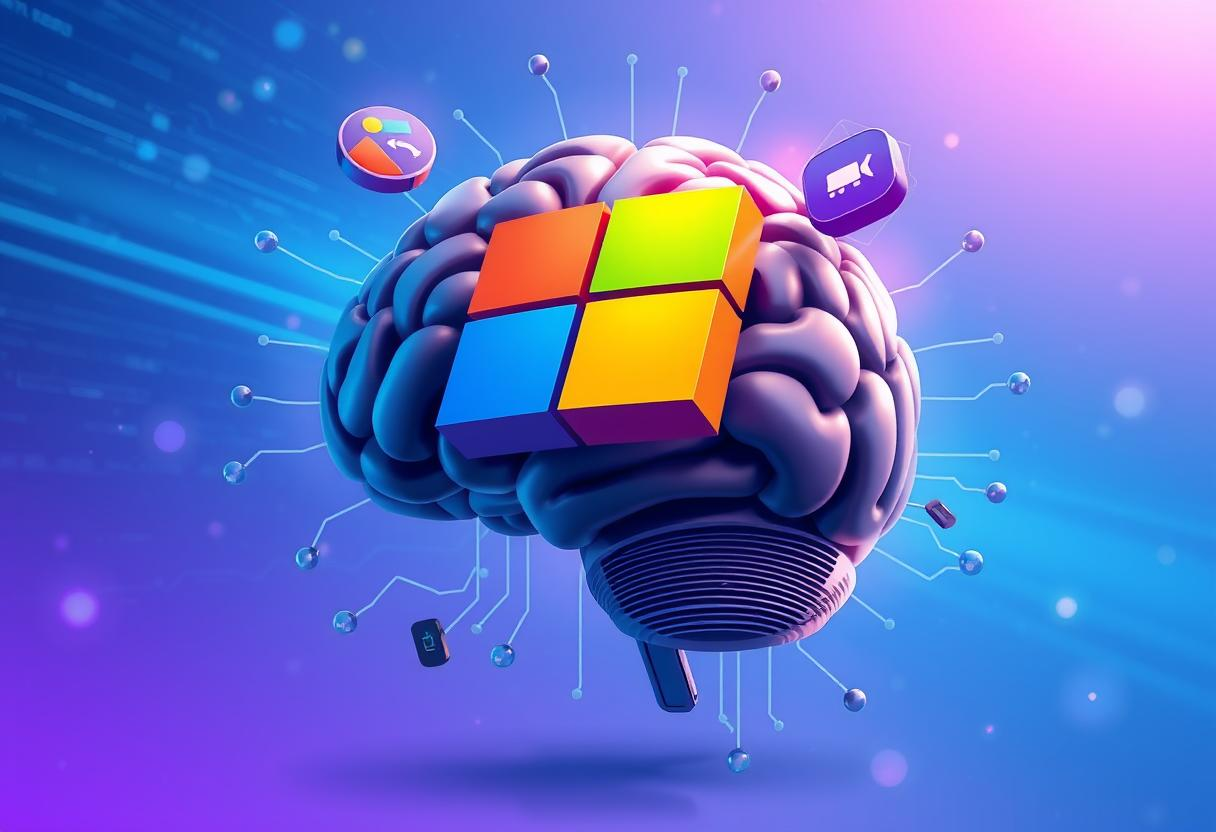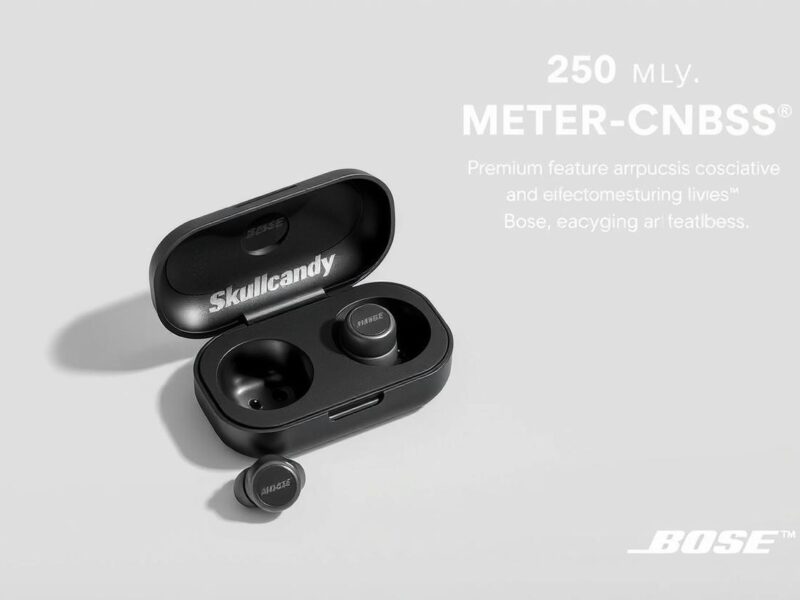In a strategic pivot that could redefine its position in the AI arms race, Microsoft is reportedly forging ahead with plans to develop its own frontier AI models. This move signals a potential shift away from its heavy reliance on OpenAI, despite their partnership extending until at least 2030. But why now? And what does this mean for the future of AI-driven services like Copilot?
According to insider reports, Microsoft’s decision stems from a desire to lower production costs and tailor AI solutions more closely to its product ecosystem. Microsoft AI CEO, Mustafa Suleyman, highlighted a savvy strategy: “It’s cheaper to give a specific answer once you’ve waited for the first three or six months for the frontier to go first.” This approach, dubbed off-frontier, could give Microsoft a competitive edge in monetization and scalability. 💰
But let’s talk numbers. OpenAI’s recent $40 billion funding round and its $300 billion valuation are staggering. Yet, Microsoft’s rumored in-house AI development could disrupt this dynamic, offering a more cost-effective and controlled alternative to powering services like Copilot Vision and Deep Research. The question is, can Microsoft accelerate its AI innovation to match or surpass OpenAI’s pace?
With the introduction of the DeepSeek R1 reasoning model on Azure and GitHub, Microsoft is already testing the waters. This, coupled with efforts to integrate more third-party models into Microsoft 365 Copilot, suggests a broader strategy to diversify its AI portfolio. But the big play here is clear: autonomy in AI development could unlock unprecedented value for Microsoft’s suite of products and services.
As the tech giant celebrates its 50th anniversary, the message is unmistakable. Microsoft is not just participating in the AI revolution; it’s aiming to lead it. With plans to develop proprietary AI models, the company is betting big on the future of AI-driven innovation. The only question left is, how soon can they deliver? 🚀


